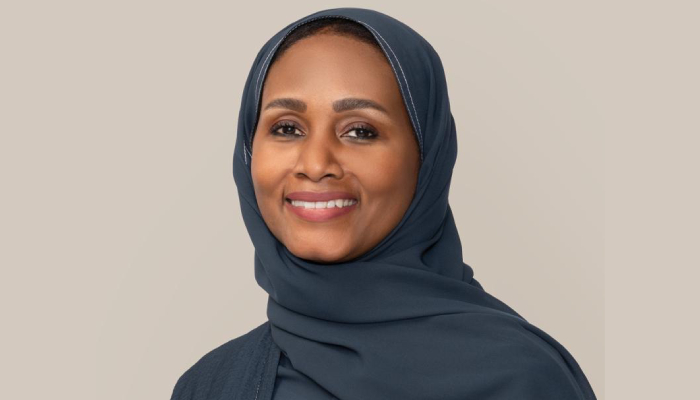Since 2015, ICBA has dedicated its efforts to aligning with the Sustainable Development Goals, notably focusing on SDG 1 (No poverty) and SDG 2 (Zero hunger). Today, ICBA is at the forefront of researching and developing climate-resilient crops and resource-efficient technologies, with the primary aim of enhancing food production, conserving resources, and safeguarding the environment.
By Dr. Tarifa Alzaabi, Director General, ICBA
The establishment of the International Center for Biosaline Agriculture (ICBA) in 1999 is a great example of the visionary leadership and strategic foresight by the UAE Government and the Islamic Development Bank (IsDB).
Twenty-five years on, ICBA has evolved into a world-class research center serving the needs of smallholder farmers and other stakeholders around the world, including member countries of the bank. Over the years the center’s mandate has expanded to focus on global challenges such as climate change, water scarcity, and natural resource degradation, among others. And since 2015, it has been aligned with the Sustainable Development Goals, with a particular focus on SDG 1 (No poverty) and SDG 2 (Zero hunger).
Today the center is in the vanguard of research, development and innovation on climate-resilient crops and resource-efficient technologies that help to produce more food, save more resources, and protect the environment.
To date ICBA has implemented 269 research-for-development projects, directly or indirectly supported by the IsDB, in 52 countries in Central Asia, the Middle East, North Africa, South Asia, the South Caucasus, and sub-Saharan Africa. This work has benefited thousands of people, with the majority of them being smallholder farmers.
Our scientists have developed, tested, and introduced a wide range of solutions suited to local conditions in many countries. These solutions range from salt-, drought- and heat-tolerant crops for food and feed to technologies for using alternative types of water in agriculture and managing soil and water salinity. Under our plant genetic resources program, for instance, we have distributed 8,950 seed samples of 82 salt-, heat- and drought-tolerant crops and wild plants to scientists, farmers, and other stakeholders in 64 countries.
For more than two decades, our center has also supported decision makers by providing evidence-based recommendations and formulating strategies for sustainable agricultural development and natural resources management in several countries in the Middle East and North Africa. The center has also given priority to knowledge generation and dissemination. ICBA’s research has resulted in the publication of 323 research papers for international peer-reviewed journals.
As individual and institutional capacity development is an integral part of ICBA’s research and development projects in different regions, the center has developed the capacities of thousands of farmers and other beneficiaries from around 100 countries through various means, including special technical training courses and farmer field schools. And as an organization co-founded and supported by the IsDB, we have always made sure to also cater to the needs of a variety of stakeholders in its member countries. Since 2000, our center has organized special technical training courses for some 4,850 people, out of which around 4,400 were specialists, technicians, and farmers from 51 member countries. We have also conducted 36 IsDB-funded special technical training courses for 975 participants from 49 member countries.
In recent years, we have also stepped up our efforts to support women in science and other fields through tailor-made initiatives like the Arab Women Leaders in Agriculture fellowship program and the Women Alliance for Climate Action in Agriculture. Launched at COP28 with a goal of reaching 1 million women globally by 2050, the alliance is designed to facilitate women-led climate action in agriculture through policies, measures, programs, or incentives that empower women and help make agriculture more sustainable, environmentally friendly, and resilient under climate change.
As we continue reaching as large a number of people as possible, including students and researchers, many of our capacity development and awareness programs are also offered through the Emirates Soil Museum.
Building on our past successes, we are now focusing our efforts on aligning ICBA’s priorities with the bank’s objectives. We are committed to strengthening our strategic partnership and supporting the bank’s initiatives related to improving food security and nutrition and enhancing the sustainability of agrifood systems in its member countries.
All this work is geared towards one shared goal: building resilience into agrifood systems, improving food security and nutrition, and increasing the livelihoods of rural households that depend on agriculture.

